17 Roman Gods and Goddesses Everyone Should Know
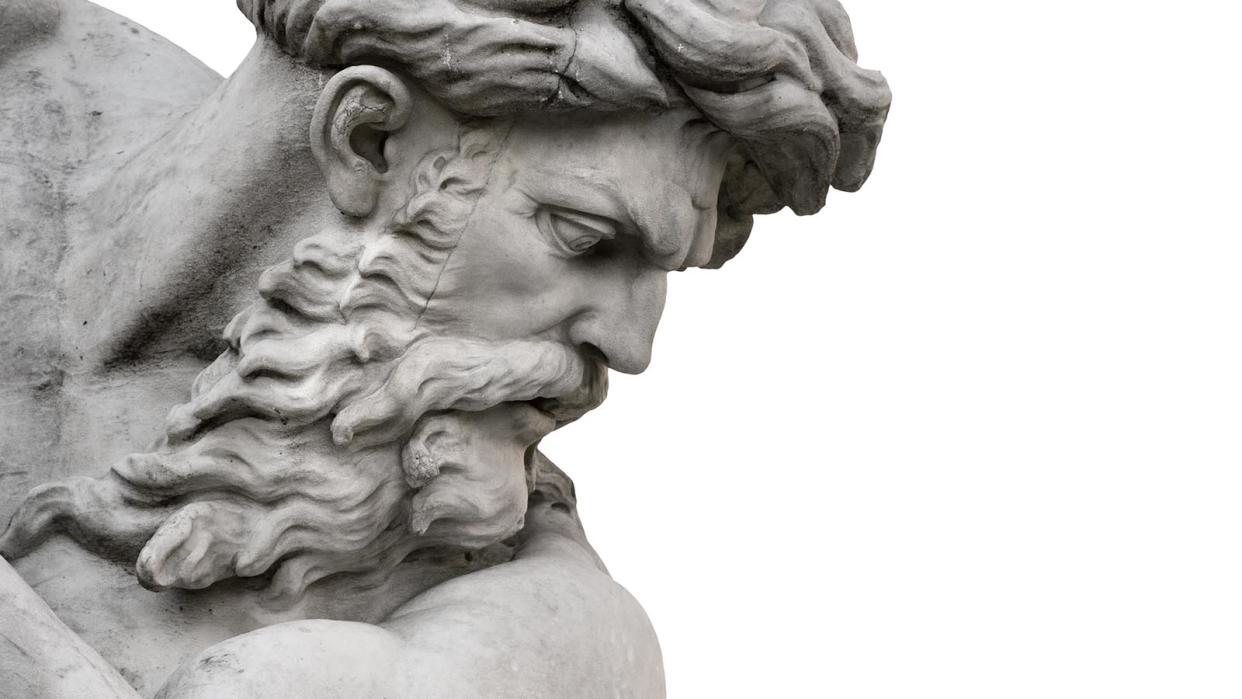
Roman gods and goddesses reflected the diverse Roman people who worshipped them. Since Roman civilization was built on top of the ruins of Greek influence in Europe, Northern Africa and the Middle East, Greek mythology became the foundation of ancient Roman religion.
At its height in the first century C.E., the Roman Empire encompassed a vast expanse of 5 million square km (1.9 million square miles). Anywhere that Roman civilization held sway, ancient Romans adopted local customs and belief systems, adding to a rich, multicultural patchwork.
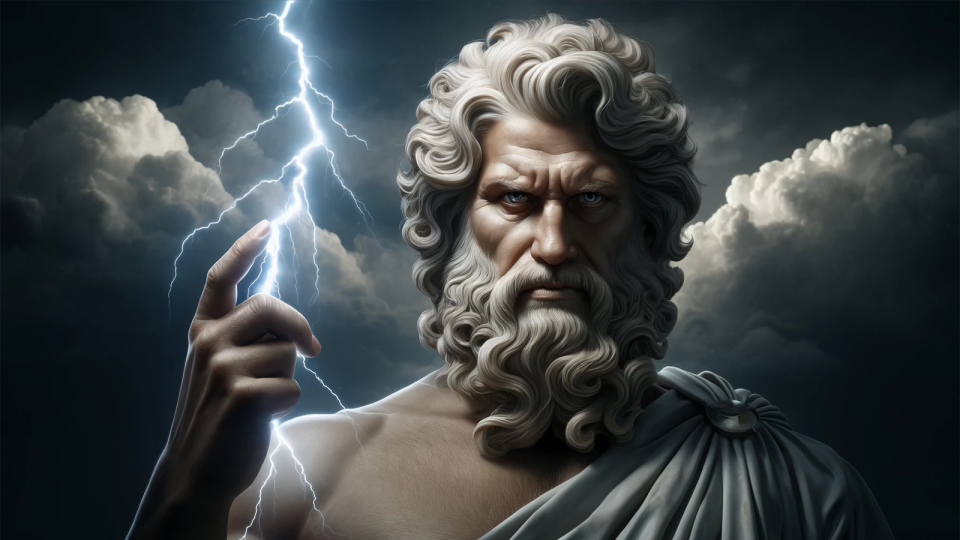
Who Was the Most Powerful Roman God?
Following the trope of Zeus, ruler of the Greek Olympian gods, the sky god Jupiter reigned supreme in the Roman pantheon.
Just as Zeus was the son of the titan (primal god) Cronos, Jupiter's father, Saturn, is believed to be the founder of all the deities. However, these father-son relationships differ in the two mythologies.
In Greek mythology, Zeus overthrew Cronos in a civil war and imprisoned him for all eternity. Conversely, the Romans held Saturn in an honorable, grandfatherly position as the patron god of abundance and wealth. His name persists even today in our solar system and the weekly calendar (hello, sweet Saturday).
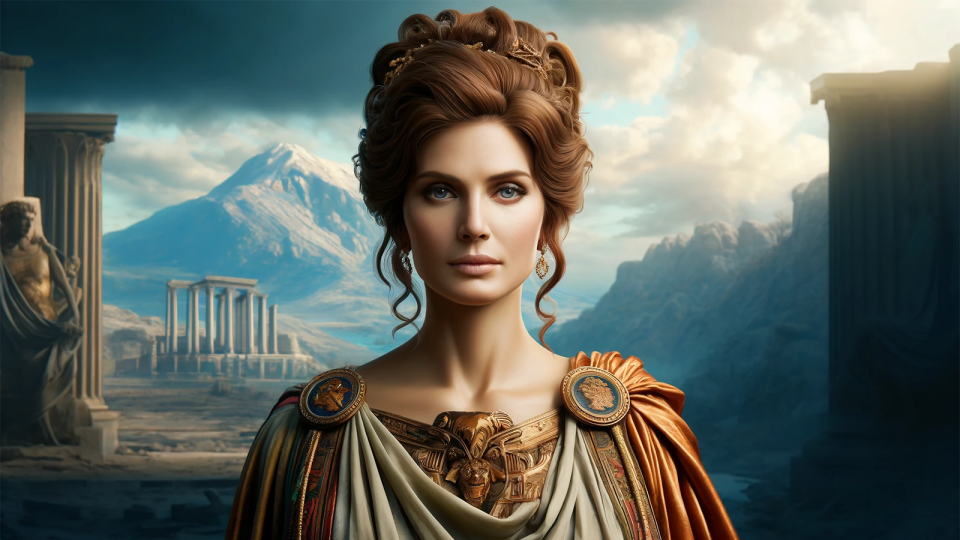
Who Was the Most Powerful Roman Goddess?
Jupiter's wife, twin sister and queen of Roman gods and goddesses, Juno, is the most powerful equivalent to the Greek goddess Hera. She mothered several important gods in Roman mythology, including Mars, Vulcan, Bellona and Lucina.
Juno was worshipped in the Roman state as the goddess of love and marriage and honored as a strong mother figure for the citizens of Rome. Like Hera with her Olympian gods, Juno constantly kept Roman deities in check — especially her husband, who was prone to extramarital affairs.
10 Major Gods and Goddesses of the Roman Pantheon
Roman mythology was a complex polytheistic religion with many cults gravitating toward major gods. Similar to the Greek Pantheon, these major gods and goddesses were members of a divine family under Jupiter and Juno, and each sibling affected specific aspects of domestic life in the Roman state.
1. Neptune
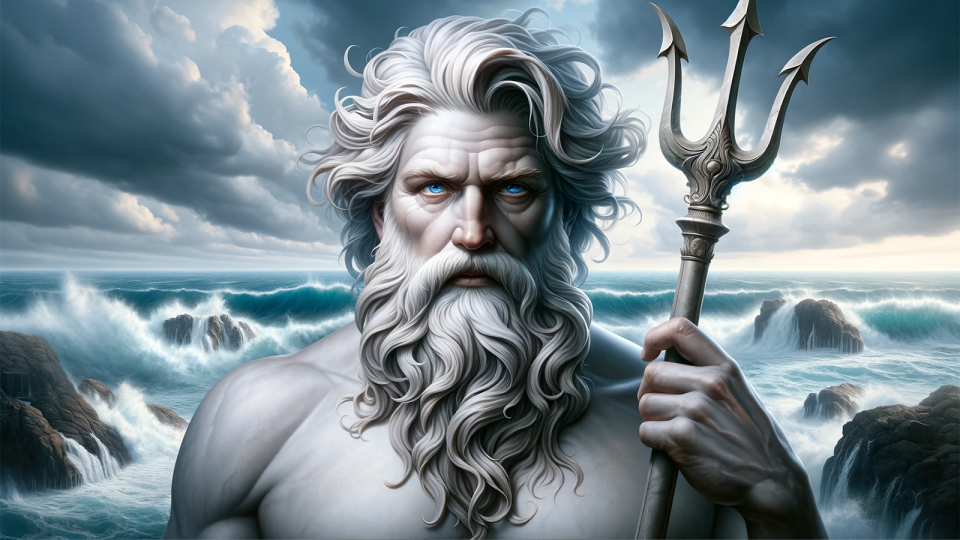
Neptune was the Roman equivalent of the Greek God Poseidon. Neptune's brothers Jupiter and Pluto oversaw the heavens and the underworld, respectively, but he ruled the seas.
He was also the patron god of horse racing and was celebrated during summer festivals to bring rain to drought-stricken farms.
2. Mars
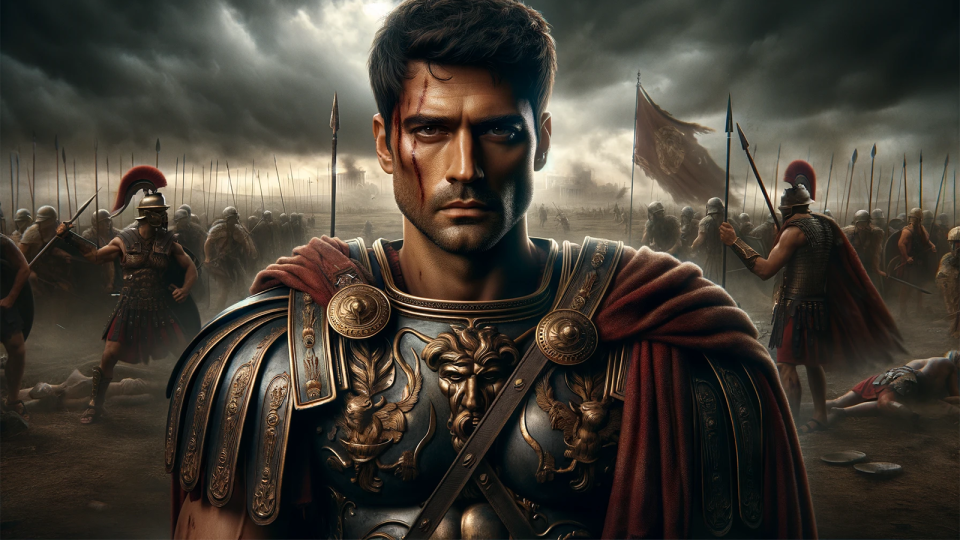
Since Rome was such a proud, militaristic society that owed much of its wealth to expansion through force, multiple deities were aligned with soldiers and battle. However, none were more favored than Mars.
Unlike his Greek equivalent, Ares, who was often disliked for bringing war and famine, Mars was seen as the symbolic tip of Rome's spear, leading legions of brave warriors to battle and glory. Other gods may have been worthy of one annual festival; however, Romans thought Mars deserved two each year.
3. Minerva
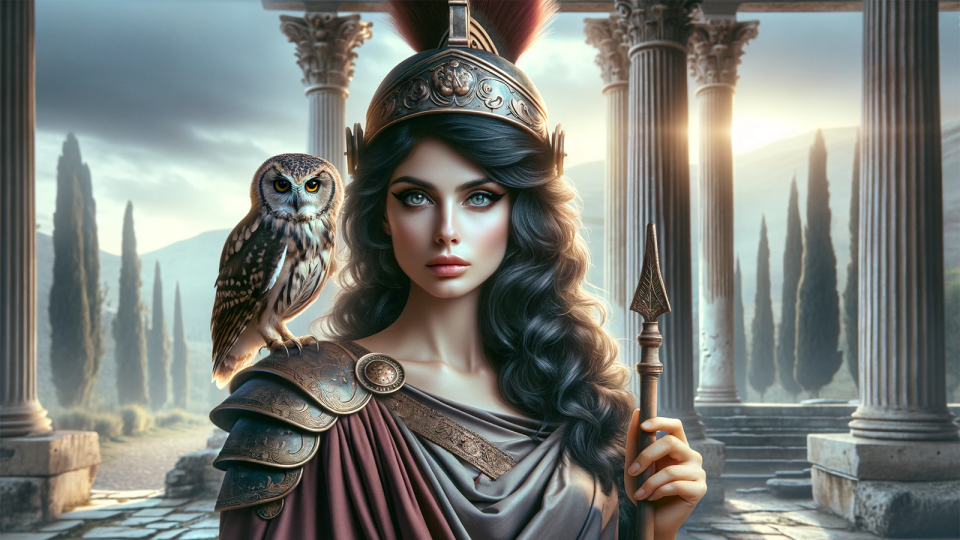
Minerva was worshipped as the Roman equivalent of the Greek goddess Athena sometime during the Punic War, beginning in the third century B.C.E. Unlike Mars and other main gods who gave in to senseless violence, the Roman goddess Minerva was a warrior who relied on strategy over brute force.
Although she was born from Jupiter's head, armed and wearing a suit of full armor, Minerva is less associated with her military prowess than her love of wisdom, art and music. She is often pictured with her sacred creature, an owl, which still carries the connotation of wisdom and intelligence today.
4. Ceres

Similar to the Greek earth goddess Demeter, Ceres is one of the Roman goddesses believed to nourish and protect the common people. She is commonly connected with symbols of bountiful harvests, including the sickle, grain and cornucopia.
5. Diana
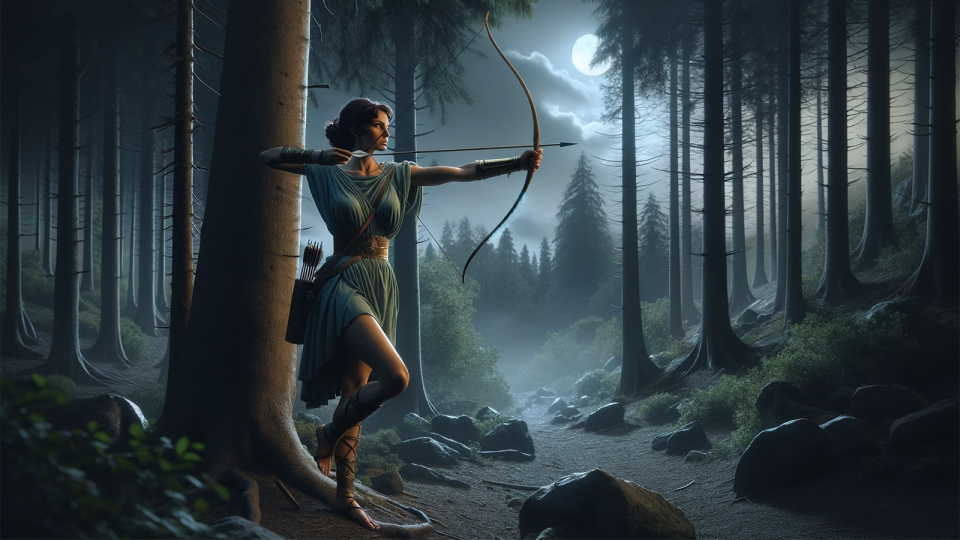
Romans believed Diana to share the same traits as her Greek equivalent Artemis — twin sister to Apollo, who has the same name in both mythologies. Diana is depicted with a bow, symbolizing her patronage of both domesticated and wild animals, the forest and hunting.
6. Venus
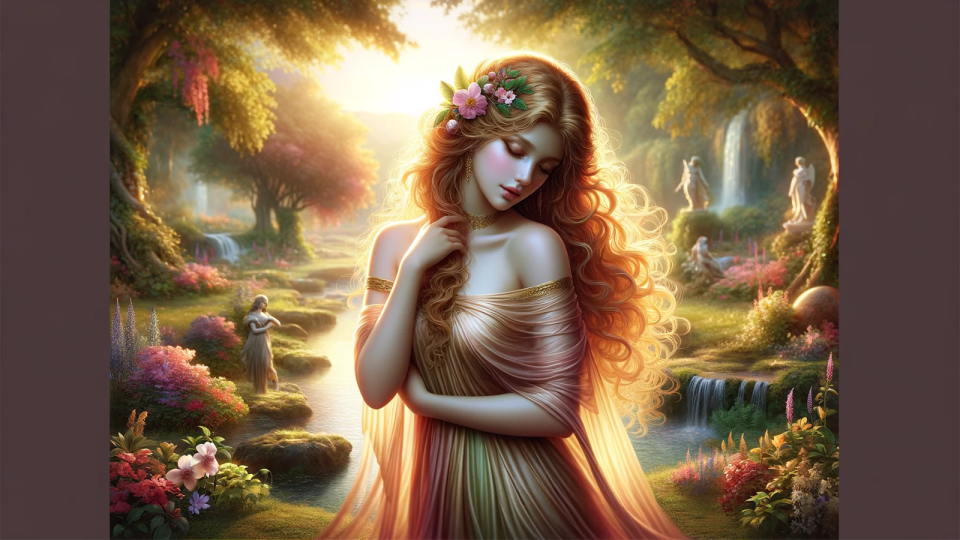
Romans believed Venus to be the most beautiful of all Roman gods and goddesses. Like her Greek goddess counterpart, Aphrodite, Venus held power over love, sex and fertility, leading to the founding of various cult followings across the vast Roman Empire.
7. Vulcan
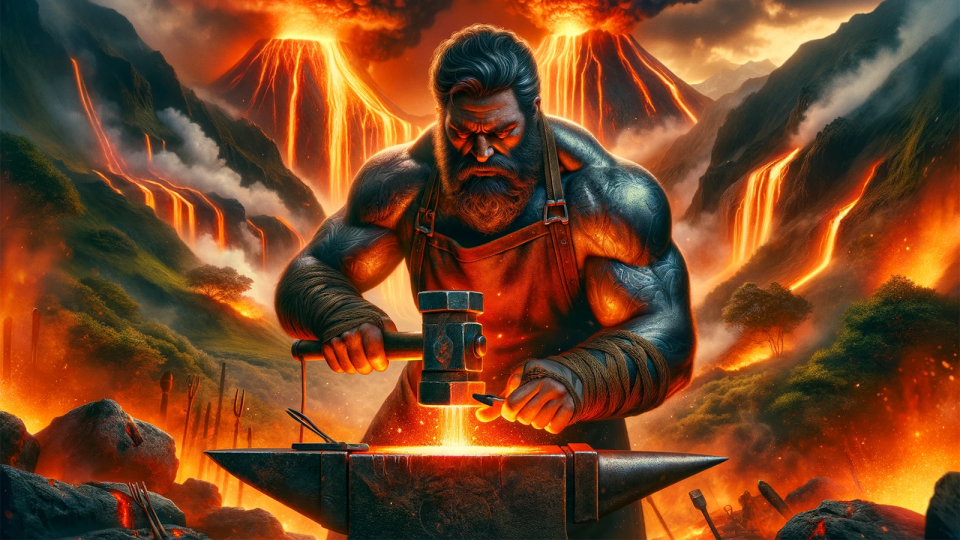
Vulcan was the Roman god of fire and volcanoes who took on the smithing and metalworking traits of the Greek god Hephaestus. Romans offered ritual sacrifices and offerings to him during Vulcania, which became one of the most popular Roman festivals since it coincided with the hottest days of the year.
8. Mercury
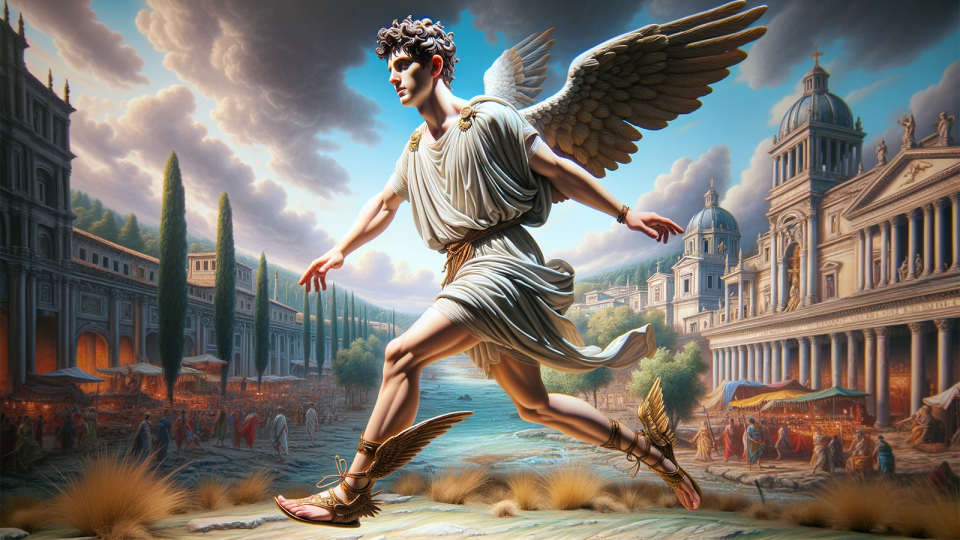
Mercury was the "messenger god of the Roman pantheon and was depicted with winged sandals. He was favored among the ancient Romans for his blessings of commerce and trade. The iconography of Mercury's winged sandals is so synonymous with speed that it is still used in popular logos today.
9. Bacchus
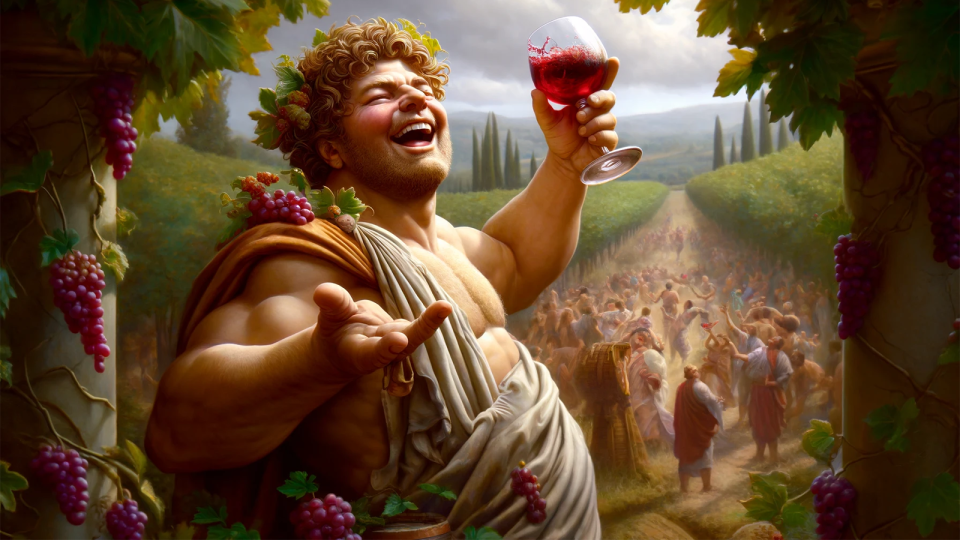
Arguably the most wild and fun-loving of all the Roman gods and goddesses, Bacchus was the deity of wine, fruit trees, fertility and religious ecstasy. This Roman god is an incarnation of Dionysus.
10. Pluto

Pluto was the Roman equivalent of the Greek underworld god, Hades. However, since the Roman Empire was often at war, Pluto played a gentler role in Roman mythology than his Greek counterpart. He ruled with his wife, Proserpina, and the two ushered the souls of fallen soldiers to their final rest.
The Foundation of Religion in Ancient Rome
Ancient Romans believed that Romulus and his twin brother Remus founded Rome. These boys were descendants of Trojan royalty and were born of a Vestal Virgin and the god Mars. King Amulius felt the children would grow to threaten his rule, so he ordered them to be left for dead near the Tiber River.
Tiberinus, the river god, sent a she-wolf to nurse the boys until they were adopted by a humble shepherd. Unknowing their true identities, Remus and Romulus quickly outgrew their humble beginnings and became leaders in a dispute to reinstate their grandfather to his rightful throne.
After claiming honor as the heroic saviors of Alba Longa, the young men set out to start a great civilization of their own. They eventually came to an area known as "Seven Hills" but could not agree on which hill to build this new capital.
As many stories of siblings pan out in Greek and Roman mythology, the brothers' logistical argument boiled into a violent rage, ending in fratricide. Romulus was victorious and named the city after himself, reigning as the first king for many years.
This rags-to-riches story of the founders of the Roman Empire laid the cornerstone for Roman religion. Not only did the story connect ancient Rome to the legendary city of Troy, but it also set Romans as the chosen people favored by different gods and goddesses than their Greek predecessors.
Which Greek Goddess or God Appears in Both Mythologies?
Other than the sun god Apollo, few other gods did not experience a rebrand or name change in the Greek-to-Roman transition. However, Apollo was eventually displaced as the primary Roman god of the sun in the late third century C.E. with the revival of Sol Invictus (roughly translated to "invincible sun").
Unlike Apollo, who carried the sun across the sky in his golden chariot, Sol Invictus was the independent embodiment of the sun itself. The Invincible Sun God was recommissioned as the chief Roman god, and it was celebrated during the winter solstice on December 25th each year.
5 Lesser-known Roman Deities
Many gods from the Roman pantheon were found in literature and pop culture for millennia after the fall of Rome. However, several other Roman gods were important to common people, but they fell into obscurity through the ages. These are a few of the other gods that Romans relied on in their daily lives.
1. Hecate
Several small superstitious factions created their own gods and goddesses to explain the unexplainable. Hecate, often nicknamed the "triple goddess" due to her tri-formed appearance, is one such diety that protected Romans from dark magic, witchcraft and both literal and figurative crossroads.
2. Vesta
Vesta was the virgin goddess of the hearth, home and family life. Since the fireplace has long been the symbol of cozy comfort and safety, Vesta was typically depicted as flame instead of a human form. Only Vestal Virgins were allowed entry into her temple, located in the Forum Romanum near the city center.
3. Pomona
Roman culture relied heavily on agriculture, so deities like Pomona, who held sway over fruit trees, gardens, and orchards, were essential to the lavish lifestyles of the social elite. While she is believed to have no Greek counterparts, many historians argue she is a Roman equivalent of Demeter.
4. Laverna
Roman gods and goddesses typically symbolized noble qualities. However, with Rome being the first city in world history to house a million citizens, it's unlikely all Romans made an honest living. For those unwilling to live the straight-and-narrow lifestyle, there was the goddess Laverna.
Unlike other goddesses who controlled harvests or wild animals, Laverna was the patron goddess of thieves and cheats. Originally a spirit of the underworld, she became the Roman goddess who protected the morally flexible in their unsavory dealings in the dark alleyways of Rome.
5. Cloacina
There are few Roman gods and goddesses that don't have a Greek equivalent to the degree of Cloacina. Although Rome had an incredibly advanced sewage system, increased demand for these public utilities often required divine intervention to keep the Roman Republic sanitary.
You read that right. Rome had a goddess of sewers, and without her favor, problems could pile up, and things could get messy quickly. If you're wondering if this Roman goddess ruled from a porcelain throne, probably not, but it is still a hilarious visual.
Now That's Lovely
Several Roman gods and goddesses have a hand in the realm of love, but none are more focused than Cupid. He is the Roman god of erotic attraction and desire. You've likely seen this scantily clad, winged cherub wielding a bow with heart-tipped arrows in cartoons or Valentine's Day cards.
Original article: 17 Roman Gods and Goddesses Everyone Should Know
Copyright © 2024 HowStuffWorks, a division of InfoSpace Holdings, LLC, a System1 Company


